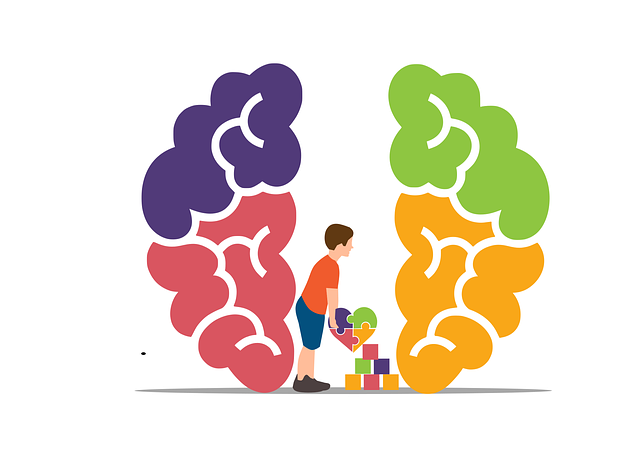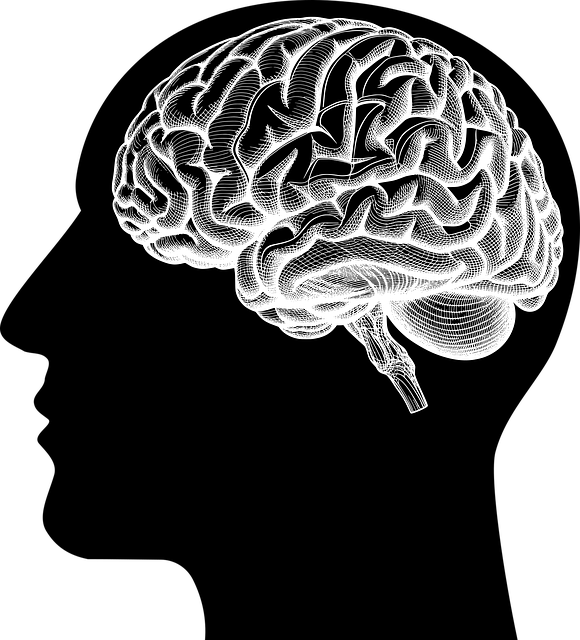Longmont Pain Management Therapy offers a holistic stress management approach, addressing physical pain and mental health implications. They provide structured guidance through Mental Wellness Coaching Programs, a Mental Wellness Journal, and a podcast series. Their techniques include CBT for negative thought pattern challenges, mindfulness practices to promote calmness and understanding, and education on pain management and positive thinking. By combining these methods, Longmont helps individuals reduce stress, improve emotional well-being, and achieve better work-life balance through healthy lifestyle changes.
Stress management techniques are essential in today’s fast-paced world. This comprehensive guide delves into various strategies to combat stress, from understanding its causes and effects to exploring effective therapies like Longmont Pain Management Therapy. We examine cognitive behavioral therapy (CBT) as a powerful tool, emphasize the benefits of mindfulness practices, and discuss lifestyle modifications for enhanced resilience. By the end, you’ll be equipped with valuable insights to navigate and manage stress effectively.
- Understanding Stress: Unraveling the Causes and Effects
- The Role of Longmont Pain Management Therapy in Stress Reduction
- Cognitive Behavioral Therapy (CBT): A Powerful Tool for Managing Stress
- Mindfulness Practices: Cultivating Presence and Calmness
- Lifestyle Modifications for Enhanced Stress Resilience
Understanding Stress: Unraveling the Causes and Effects

Stress is a complex response that stems from various triggers, impacting both our physical and mental states. Recognizing its causes is a pivotal step in managing it effectively. At Longmont Pain Management Therapy, we believe understanding stress involves navigating through a web of factors, including work pressure, personal relationships, financial concerns, and even everyday demands. These stressors can lead to a range of symptoms, from mild irritability and headaches to more severe anxiety and chronic pain.
By keeping a Mental Wellness Journal, individuals can begin to unravel these causes. This practice encourages self-reflection and awareness, providing valuable insights for tailoring stress management strategies. Additionally, Mental Wellness Coaching Programs offer structured guidance, teaching practical techniques such as mindfulness exercises and cognitive reframing. Even the production of a Mental Wellness Podcast Series can be therapeutic, sharing stories and expert advice accessible to a wide audience.
The Role of Longmont Pain Management Therapy in Stress Reduction

Longmont Pain Management Therapy plays a pivotal role in stress reduction strategies, offering a holistic approach to well-being. This type of therapy focuses on addressing physical pain and discomfort, which is often intertwined with mental stress. By evaluating an individual’s pain through comprehensive assessments, therapists can identify sources of distress and design personalized treatment plans. These plans may incorporate various techniques such as cognitive behavioral therapy, mindfulness practices, and relaxation exercises tailored to manage pain and reduce associated anxiety.
Incorporating Longmont Pain Management Therapy into one’s self-care routine can be particularly beneficial for mental health professionals who often face high-stress environments. A thorough risk assessment for these professionals, focusing on their unique challenges, can guide the implementation of effective stress management techniques. Mental Health Education Programs Design that prioritize pain management and positive thinking are essential tools to foster resilience and maintain a healthy work-life balance.
Cognitive Behavioral Therapy (CBT): A Powerful Tool for Managing Stress

Cognitive Behavioral Therapy (CBT) is a highly effective Longmont pain management therapy for stress relief. It works by identifying and challenging negative thought patterns, replacing them with healthier alternatives that promote better emotional well-being and coping strategies. By focusing on the connection between thoughts, feelings, and behaviors, CBT enables individuals to develop a more balanced and positive perspective, thereby significantly reducing stress levels.
This therapy approach has gained prominence in mental health policy analysis and advocacy due to its proven efficacy in treating various mental health conditions, including anxiety and depression, which are often linked to chronic stress. Through CBT, individuals not only learn practical stress reduction methods but also gain a deeper understanding of their thoughts and emotions, empowering them to take control of their mental health and overall quality of life.
Mindfulness Practices: Cultivating Presence and Calmness

Mindfulness practices are an essential component of effective stress management techniques. By cultivating presence and calmness, individuals can develop a deeper awareness of their thoughts and emotions, allowing them to respond rather than react to stressful situations. This mental wellness coaching program encourages people to focus on the present moment, enhancing their ability to navigate challenges with clarity and resilience.
Longmont Pain Management Therapy incorporates mindfulness as a powerful tool for reducing stress and anxiety. Through regular practice, individuals can boost their confidence and develop inner strength, enabling them to face daily stressors with composure. These practices have been shown to revolutionize one’s overall mental wellness, offering a peaceful sanctuary within the hustle and bustle of life.
Lifestyle Modifications for Enhanced Stress Resilience

In the pursuit of effective stress management, lifestyle modifications are a powerful tool for enhancing resilience. Longmont Pain Management Therapy emphasizes that adopting healthy habits can significantly reduce the impact of stressors on both physical and mental well-being. This involves integrating regular exercise into daily routines, as physical activity is known to release endorphins, which act as natural painkillers and improve mood management. Additionally, prioritizing quality sleep through consistent bedtimes and a relaxing pre-sleep routine strengthens the mind’s ability to cope with challenges.
Beyond physical activities and rest, self-care practices like mindfulness meditation and journaling are integral parts of stress resilience. These practices encourage individuals to connect with their emotions, fostering a deeper understanding of triggers and promoting mental clarity. Combining these self-care practices with mind over matter principles can empower individuals to reframe stressful situations, leading to improved emotional regulation. Such lifestyle modifications, when consistently applied, become transformative tools in navigating life’s challenges, ultimately contributing to enhanced overall well-being.
In conclusion, stress management is a comprehensive journey that involves understanding our mental and physical triggers. By unraveling the causes and effects of stress, individuals can effectively navigate its impact on their well-being. The article has explored various techniques, from cognitive behavioral therapy to mindfulness practices, offering powerful tools for managing stress. Longmont Pain Management Therapy emerges as a valuable ally in this quest, providing holistic solutions to reduce stress and enhance overall resilience. Embracing these strategies enables folks to foster a sense of calm, cultivate presence, and lead more fulfilling lives.














